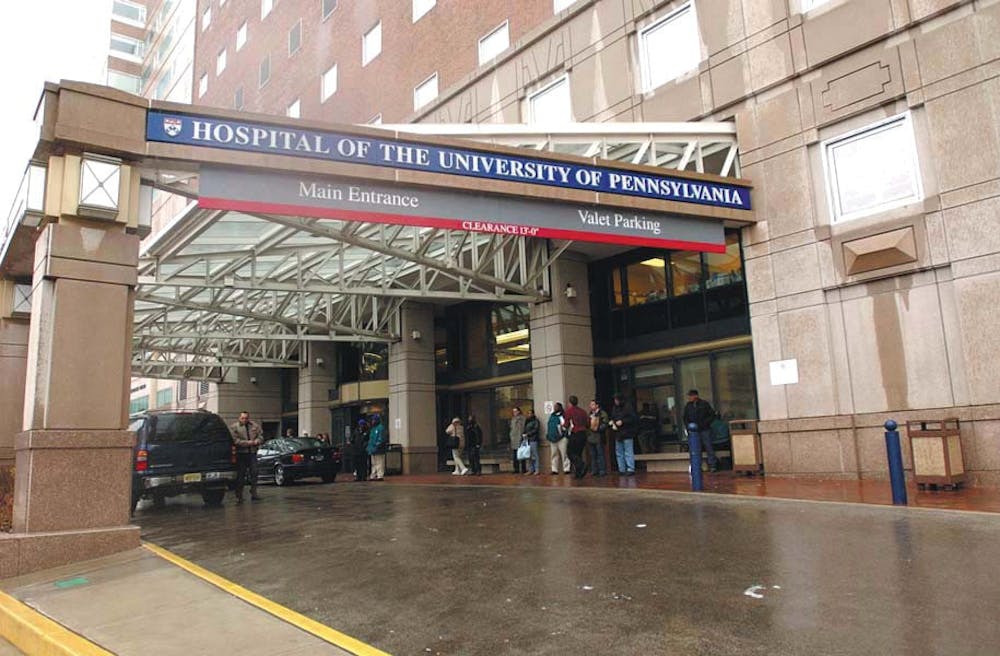
The Pennsylvania Association of Nurse Anesthetists made the obvious choice when trying to decide how to increase public awareness for certified registered nurse anesthetists: a selfie contest.
Logan MacLean, a student in Penn’s Nurse Anesthesia Program, said public awareness about the job is important so that people can make better health care decisions and be aware of the fact that a nurse or an anesthesiologist might be administering anesthesia. This information can reduce stress before surgery, he added.
PANA will put up posters in five transit stations corresponding to local universities with nurse anesthetist programs. The initiative encourages students to take a selfie with the poster and share their story with the hashtag #CRNAinPA.
The University of Pennsylvania Nurse Anesthesia Program is one of five featured schools along with Crozer Chester Medical Center and Villanova University Nurse Anesthesia Program, Drexel University Nurse Anesthesia Program, Thomas Jefferson University Nurse Anesthesia Program and University of Pittsburgh Nurse Anesthesia Program.
The organization unveiled the poster at SEPTA’s University City Station on Convention Avenue today, but the posters will stay on display for the remainder of February.
PANA President Aaron Ostrowski said the marketing effort is also designed to engage students throughout the state. He is traveling to every school that has a nurse anesthetists training program in Pennsylvania, and will be at Penn on Feb. 6.
He said he hopes through this initiative, students will be encouraged to get involved within their professional field, through events like the statewide fall and spring symposiums.
“I would like our students to be more aware of their place in professional life,” Ostrowski said. “I would like them to be more connected to our professional resources.”
MacLean acknowledged how it is important to stay connected, attend regional conferences and stay educated on developments in the field once out of school.
“In school you’re taught the latest knowledge of what’s going on, but when you are out of school you have to keep up-to-date,” MacLean said.
LoriAnn Winner, associate director of Penn’s Nurse Anesthesia program, emphasized the importance of these initiatives in building camaraderie between students and schools. Recently, nurse anesthetist programs in the Philadelphia area collaborated on a food drive and group social in Center City.
Winner also commented on how many students remain as CRNAs at hospitals in the Philadelphia area post-grad. She thinks initiatives like this are important for connecting students who may likely become coworkers.
“We bring people into Philadelphia, and then they love it so much that they just transition to CRNA practices in this area,” Winner said.
Jayme Leigh Decker, a senior in Penn’s Nurse Anesthesia program, discussed the importance of “advertising” CRNAs. She and MacLean agree that the profession itself is under-recognized.
“I think it’s great to involve the students,” Decker said. “Everyone knows what a nurse is, but I think [being a CRNA] is unadvertised as a role.”
As the field expands, Decker and MacLean expressed hope that patients become more informed about the role of CRNAs and their health care. The position of CRNA is becoming more independent nationally. In some states they can even administer anesthesia without an anesthesiologist.
“I think the more promotion, the better to educate friends, family and people we work with everyday,” Decker said.
The Daily Pennsylvanian is an independent, student-run newspaper. Please consider making a donation to support the coverage that shapes the University. Your generosity ensures a future of strong journalism at Penn.
Donate




